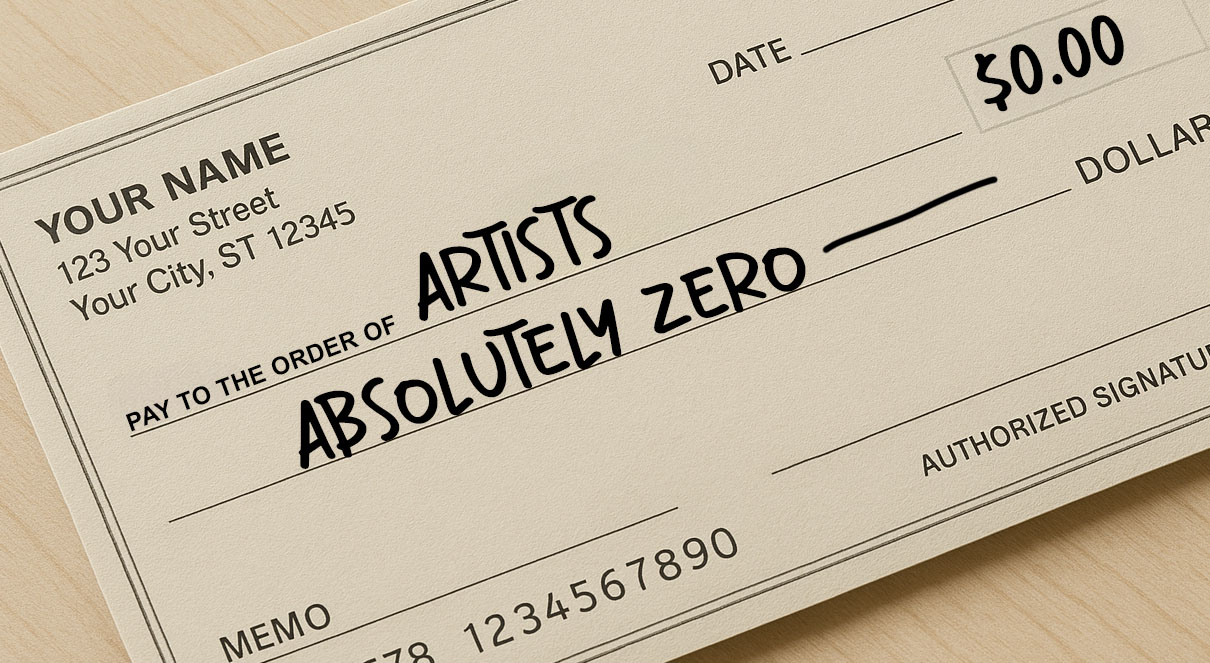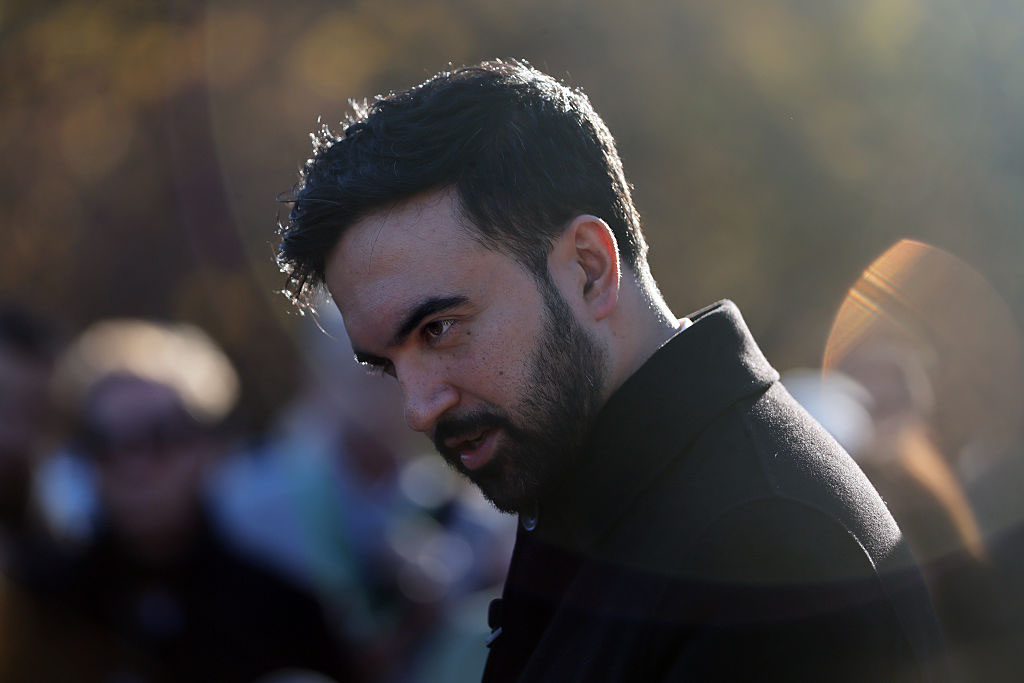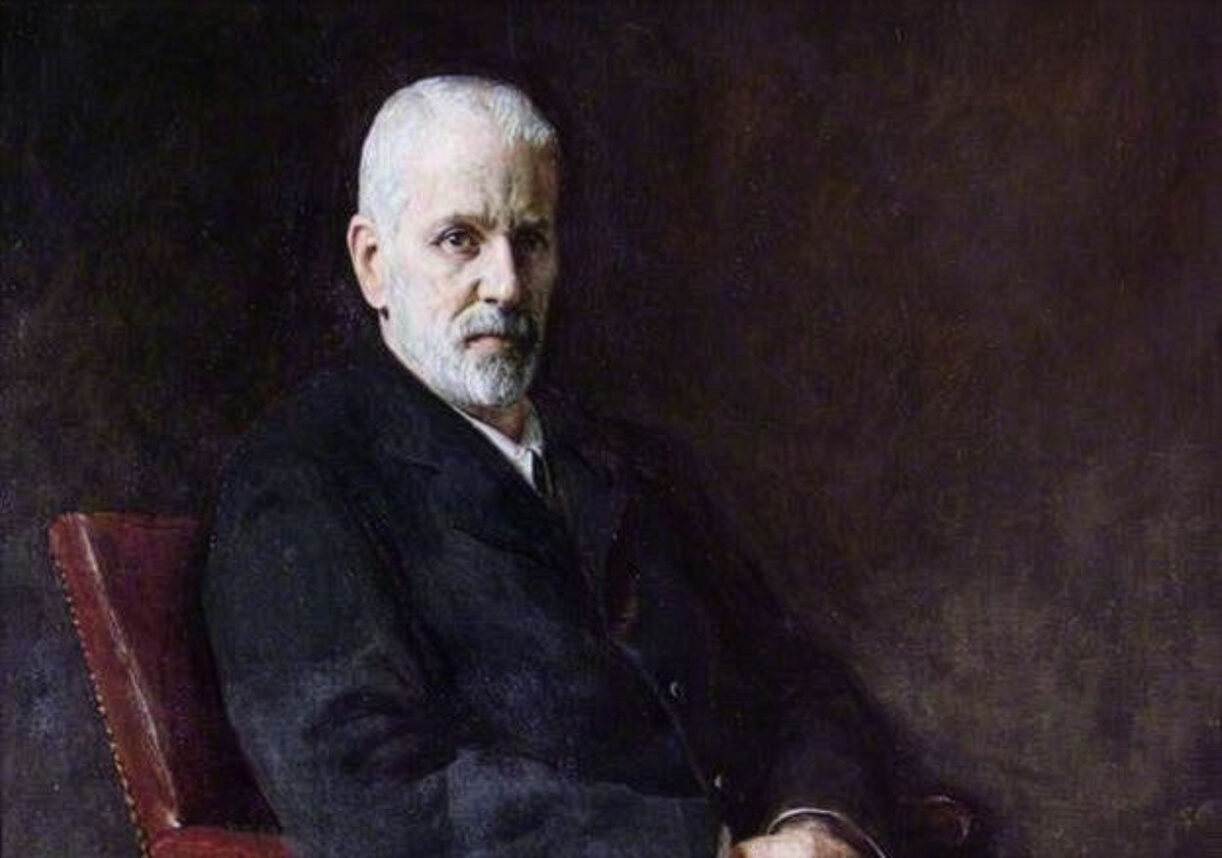How did it come about that, just prior to Secretary of State Madeleine Albright's visit to the Middle East, the government of Israel released some funds it was withholding from the Palestinian Authority? And then after her departure, it transferred 50 percent of the moneys owed to the Palestinians?
There is a possibility that the answer to this tale of Middle East intrigue might actually begin in Brentwood. Shortly before Albright's visit, Stanley Sheinbaum, wealthy Democratic activist for a variety of liberal causes and publisher of the New Perspectives Quarterly magazine, wrote a letter to President Bill Clinton.
Sheinbaum had just returned from a visit to Israel and Gaza, where he had conversed with Israeli leaders as well as with Yasser Arafat. Indeed, Sheinbaum along with Rita Hauser and three other Americans had first met with Arafat in 1988 and, some say, paved the way for Arab public image rehabilitation and probably was helpful in setting a climate for Oslo.
The United States, Sheinbaum wrote President Bill Clinton, should definitely push for Israel's security needs. But the administration should also shore up its credibility with the Palestinians, who were suspicious of what they perceived as America's tendency to side with Israel. A big stick might help; that is, the U.S. might threaten Netanyahu with a possible transfer of a small amount of America's Israel aid to the PA. The threat alone might just do the trick and get some movement on Netanyahu's part.
Lo and behold, shortly before Albright left for Israel, Prime Minister Netanyahu's government unfroze some of the funds. The rest — up to 50 percent — followed her departure.
In the process, Sheinbaum received a call from a senior Israeli official who congratulated him on his efforts and indicated that he could take some credit for Netanyahu's policy shift.
Sheinbaum replied that didn't want the credit and would pass on it, presumably recognizing it is unlikely President Clinton makes a major policy decision based on one letter. Moreover, journalist Thomas Friedman and a few other American Jewish leaders had voiced similar thoughts.
Meanwhile, Israel's consul general in Los Angeles, Yoram Ben Ze'ev reported on Sheinbaum's views in a secret cable to the foreign ministry in Jerusalem. Two days later, the cable's contents were leaked to the Israeli press — including Sheinbaum's doubts about the depth of support for Netanyahu among American Jews. Sheinbaum has since been attacked in the Israeli press and public debate, along with Rabbi Alexander Schindler and Irving Moskowitz. They represent quite a spectrum: Sheinbaum on the left, a man who has pursued peace in the Middle East for more than a decade; Shindler, a centrist and renowned Reform rabbi (who was until recently head of Reform Judaism in America); and Moskowitz, an enthusiastic supporter of Ateret Cohanim and far-right supporter of Israel's s West Bank settlers.
What strange bedfellows the struggle for peace lumps together.
































